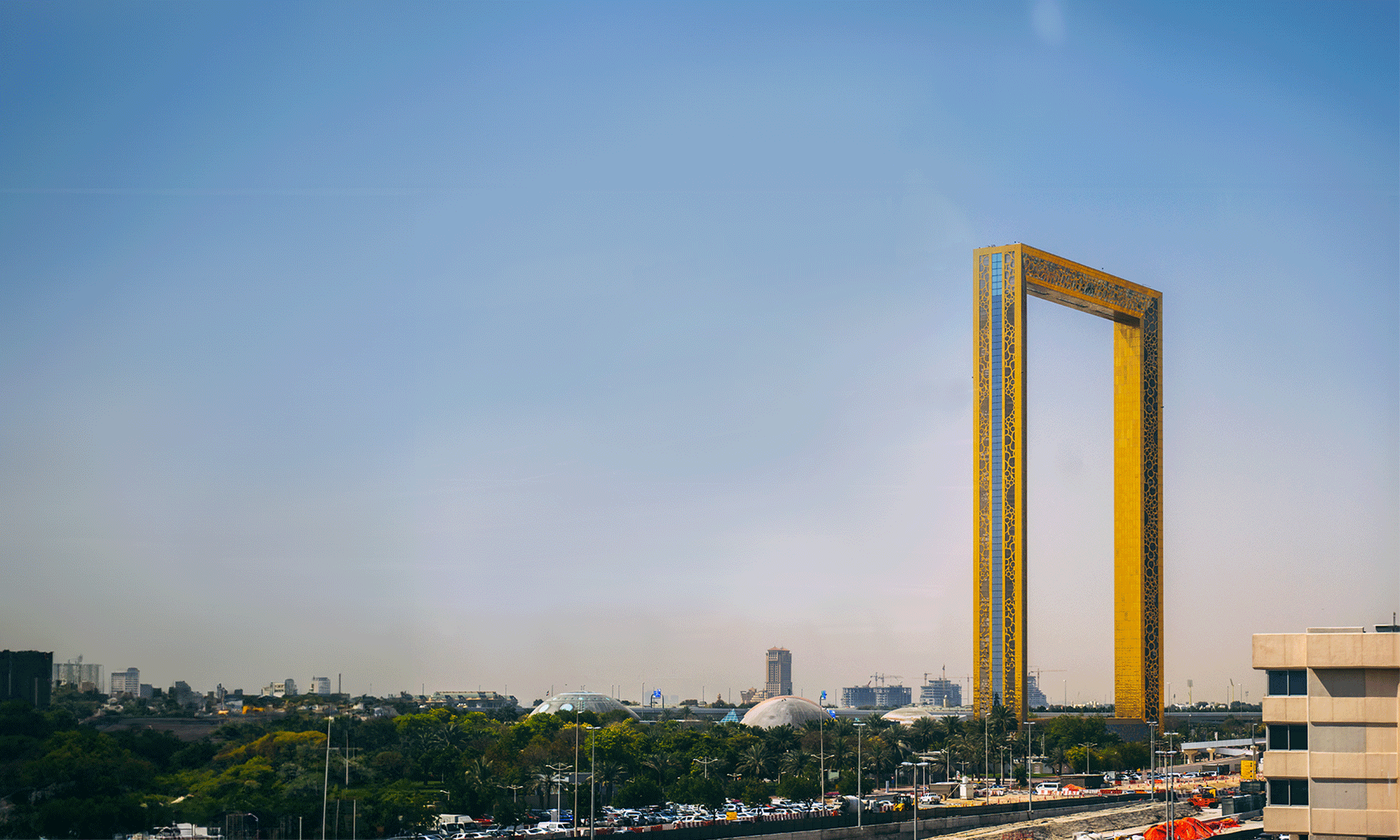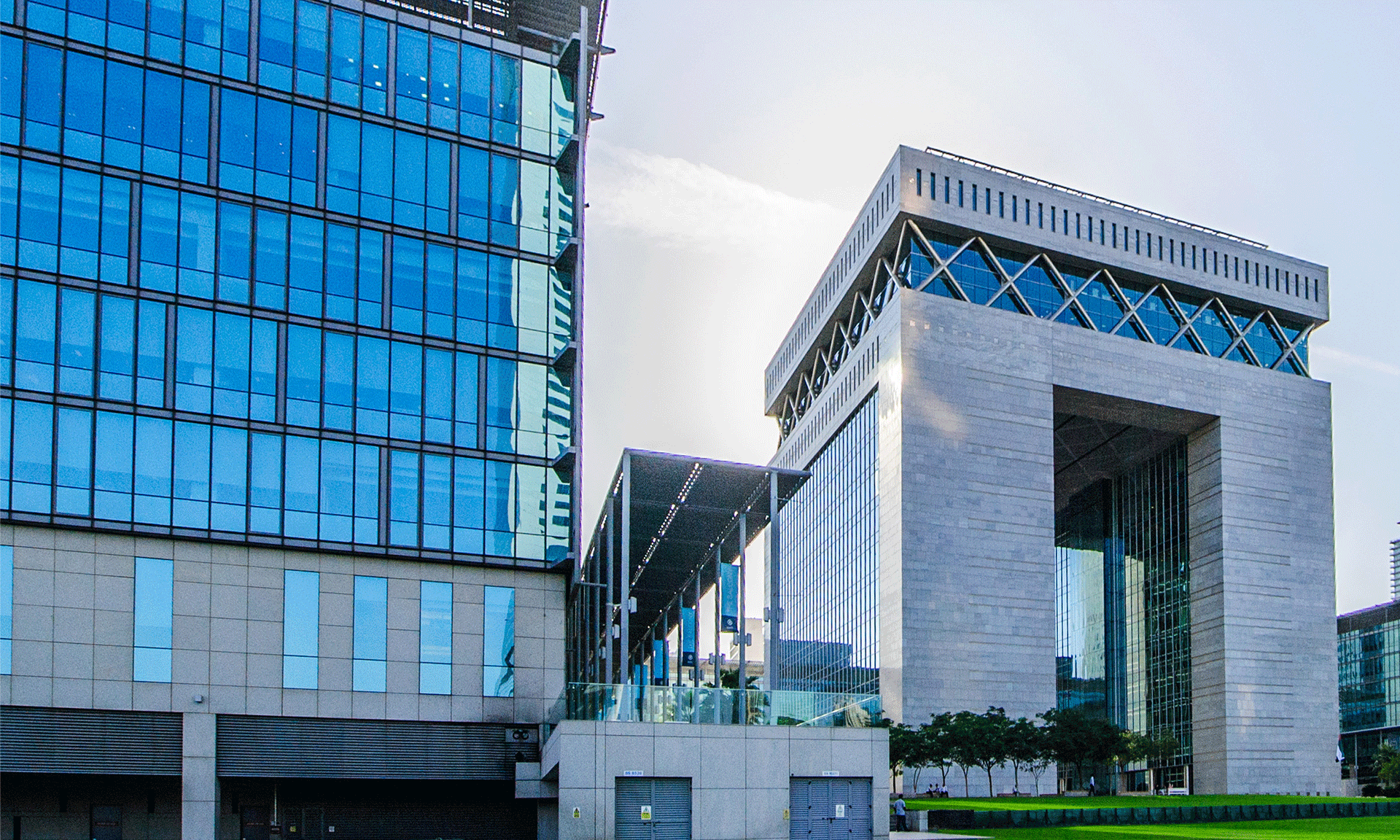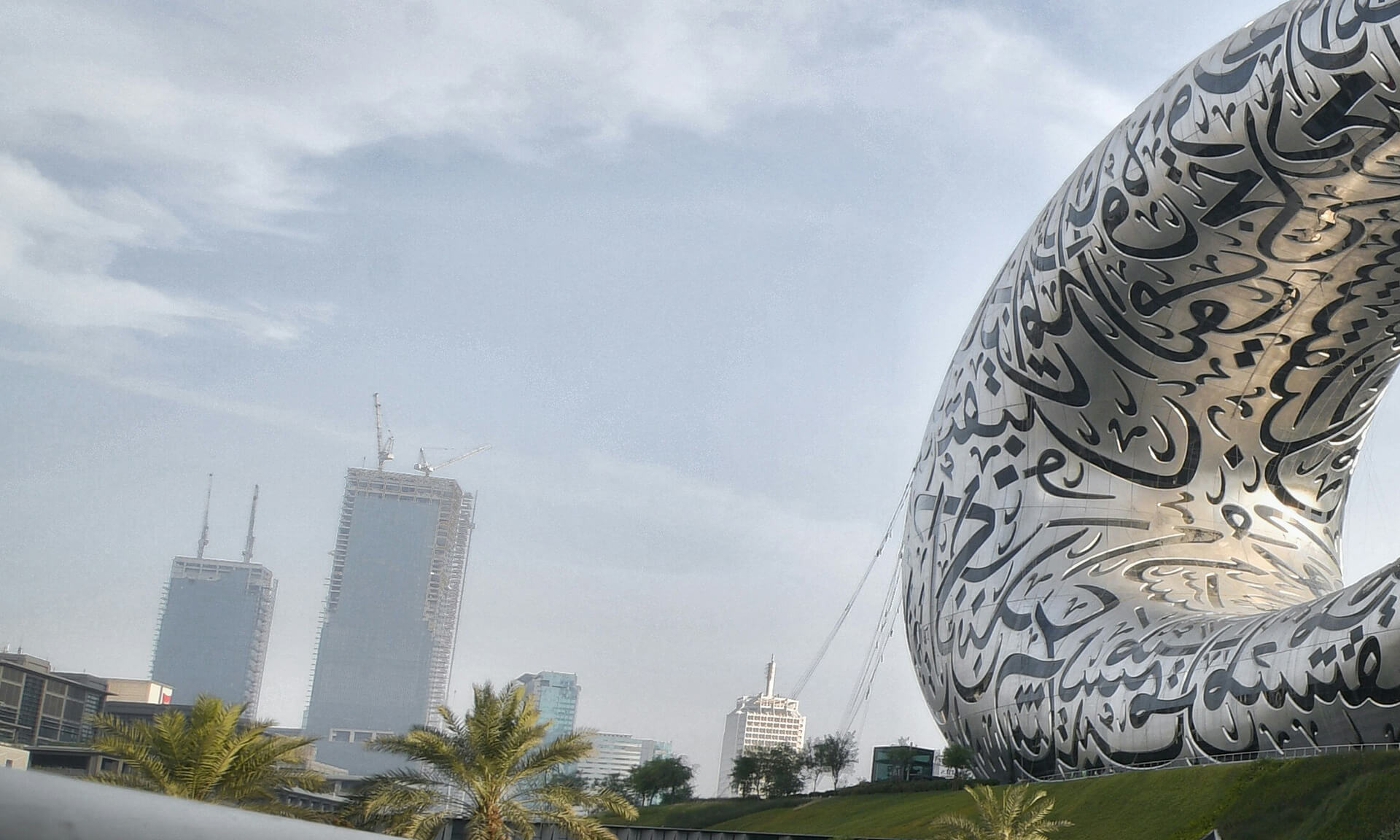There is a lot of tax evasion that happens cross-border and it is one of the major challenges faced by many governments of various countries. Though a lot of globalisation of financial transactions has happened, the Organisation for Economic Cooperation and Development (“OECD”) has come up with some “Common Reporting Standards” (“CRS”) in July 2014, which are a global reporting standard for automatic exchange of financial account information. The goal for announcing CRS is to tackle this issue of avoidance of taxes through offshore financial structures. Usually referred as Global FATCA, the CRS is based on the US Foreign Account Tax Compliance Act (“FATCA”), and its scope is large enough to take care of the necessities for various nations.
So what is AEOI/CRS?
AEOI is the Automatic Exchange of Financial Account Information, and CRS as we just spoke about, stands for Common Reporting Standards. Automatic exchange of information is the process involving transmitting methodical and timely information about taxpayers by their source country to their residence country. This information ranges from dividends to interest, etc. This exchange helps in providing timely information about any miss or non-compliance of taxes.
AEOI/CRS is thus a global standard which calls on various governments to get the required information from their financial institutions and immediately exchanges the collated information automatically with the CRS participating countries every year.
This standard helps in setting out the following:
- Financial account information that needs to be exchanged
- Financial institutions that are needed to report
- What are the various kinds of accounts and taxpayers which are covered?
- Usual due diligence process steps to be followed by the various financial institutions
As an international initiative to share tax information, the goal of CRS is to account for the assets and incomes that are being earned and saved out of the home country or overseas and it brings out one common global standard for exchanging all the financial information. All the financial institutions are needed to report about all the account holders who pay taxes and stay in one of the countries, which are in scope for CRS except its home country.
How does CRS affect UAE?
Back in December 2016, the Ministry of Finance of UAE issued Guidance Notes for CRS so that it can provide all the relevant information regarding the execution of AEOI for the purpose of taxation. Over 100 countries including UAE committed to put CRS into practice with the first-ever exchange scheduled by UAE in September 2018.
The Ministry of Finance is leading and overseeing the CRS execution with the below-mentioned financial institution’s regulators:
- UAE Central Bank
- Securities and Commodities Authority
- Insurance Authority
- Dubai International Financial Centre (“DIFC”)
- Abu Dhabi Global Market (“ADGM”)
There is also a framework that is given to the regulators for CRS execution and also reporting process by the financial Institutions.
All the participating financial institutions have to comply with the given CRS guidelines while reporting the CRS information to the required regulatory authorities up to 30 June 2018.
How does CRS function?
- To be able to implement CRS, it is important to address the following questions:
- Who all are obliged to report?
- Which type of accounts are under control and reportable?
- Which due diligence guidelines are relevant here?
- What all information is required to be reported?
To help various parties comprehend and implement CRS, OECD has printed the following documents:
- Model Competent Authority Agreement (CAA) – a global legal guideline and framework for the automatic exchange of CRS information
- The Common Reporting Standard (CRS) – rules for reporting and due diligence
- The Commentaries to the CAA and the CRS – additional material to explain and support in interpretation
- The CRS XML Schema User Guide – various technical solutions which might be required in reporting the information in a standardized format
Who all does the CRS affect and how?
Implementation of CRS affects the financial services industry in a big way, especially the banking sector and financial institutions, including the customers. Though the impact on various institutions could vary depending on the customer base, size, global base, their compliance issues mostly remain the same for various financial institutions.
Who all are impacted by it?
Financial Institutions who have to report
There are some financial institutions that are under the purview of CRS regulations. The four major categories are:
- a custodial institution
- a depository institution
- an investment institution or entity
- a specified insurance company
Any financial institution that is not exempted from CRS is considered as a Reporting Financial Institution. As per the definitions mentioned in the CRS regulations, the impacted institutions could be custodians, banks, other institutions like insurance companies, non-banking deposit entities, mutual funds and hedge funds, other collective investment vehicles, private equity funds, investment managers, and brokers, or trusts, etc.
Ideally, CRS would impact any Reporting Financial Institution which is either:
- a resident of the UAE and excludes its foreign branches; or
- the non-resident entity that has set-up a branch in the UAE.
Customers
All the customers of these financial institutions would be impacted; and this includes individual and other account holders like companies and trusts. But the account holders who are excluded are:
- Tax-paying residents of the USA, whose reporting is done under FATCA regulations
- Tax-paying residents of the UAE
What is the impact?
Impact to the Reporting Financial Institutions
The institutions have to collect all the relevant information from all the account holders (was to be done as early as 1 January 2017) and are permitted to contact them again in case they need some more information like the tax residence status). These institutions have to go through their due diligence process mentioned in the CRS regulations and then report the same on financial accounts that are held by the account holders (who are basically tax residents of some other country or jurisdiction).
Impact to the Customers
If the customers have accounts with some financial institutions as a non-resident of that country or jurisdiction, then the details of their accounts have to be mandatorily reported to the tax authorities of that place or residence. The customers are required to submit accurate and up-to-date information to the financial institutions to evade disclosing any extra information to irrelevant jurisdiction.
Who is considered a UAE resident?
Per the legal definition, a UAE ‘Resident Person’ means:
- Any individual or person who is a UAE citizen or national or is a resident of the UAE and possesses a valid Emirates ID card and a valid Residency Visa.
- An entity which is set up and registered and is functioning and managed in the UAE.
What all information is needed to be reported under CRS?
Here is the list of the information that needs to be collected and then reported by all the financial institutions:
- Name, complete address, date and place of birth of the reportable individuals, jurisdiction of tax residence, and Tax Identification Numbers (TINs)
- Account number
- Name and identification number of the reporting financial institution
- The account balance as on the end of the relevant calendar year or closure amount of the account in case it as closed during this period
- Details of specific payments made in the account
What are the implementation timelines applicable in the UAE?
All the reporting financial institutions have to submit their first round of CRS reporting data maximum by 30 June 2018 (this is applicable for the reporting period ending on 31 December 2017). Then, they need to report every year only once by 30 June of every subsequent year being the next reporting due date. The other important timelines are:
- Pre-existing accounts as on 31 December 2016 must have gone through the due diligence procedures.
- All the newly-opened accounts on or after 1 January 2017 have to follow the steps of the due diligence process.
- The first reporting period comes to an end on 31 December 2017.
- The review process of the existing High-Value Individual Accounts (as at 31 December 2016) is mandated to be done before 31 December 2017.
- First level of exchange of information by the UAE authority to the reportable jurisdictions is to be done on or after 30 September 2018.
- The assessment and evaluation of the existing Lower Value Individual Accounts (as at 31 December 2016) needs to be done before 31 December 2018.
- The assessment and evaluation of existing Entity Accounts of Higher Value (as at 31 December 2016) needs to be finished till 31 December 2018.
What are the differences between CRS and FATCA?
As a matter of fact, U.S. Department of Treasury and Internal Revenue Service announced FATCA or the Foreign Account Tax Compliance Act in the year 2010. The purpose was to promote improved tax compliance and prevent the U.S. citizens from evading or avoiding their income or asset taxes. Whereas, CRS or the Common Standard on Reporting and Due Diligence for Financial Account Information is part of an international standard that OECD proposed last year, at the recommendation of the G8 and the G20. In this case, the aim was cross-border exchange of information on financial accounts every year. Though the standard does have a lot of similarities with FATCA, it is at times also informally termed as GATCA or the global version of FATCA.
The three broad differences between these two are:
- FATCA needs a financial institution to look for U.S. citizens; but in case of CRS, there are over 90 countries committed so far, and it does need a broader scope.
- The definition of a “reporting financial institution” under CRS is different than in FATCA. For example, if your entity or company does not need to report its financial accounts under FATCA, it may be has to do so under CRS.
- As of now under CRS, there is no de minimis limit. However, FATCA is only applicable for individual accounts that have balances over $50,000 – and companies have different limits.
How can IMC help?
Our experienced team with CRS and FATCA experts can advise and guide you with the step-by-step procedure of the implementation of CRS and FATCA. We can not only assist you with your reporting requirements but also your reporting obligations of various jurisdictions. Not only that, our team can help you with all the technical reviews, and preparations of all the required self-certification forms and onboarding procedures. We can also help you with assessments and gap analysis and remediation. You could get in touch with us if you need to classify your entity correctly or register your organization or enterprise with the US Internal Revenue Service (IRS) to get a Global Intermediary Identification Number (GIIN).























